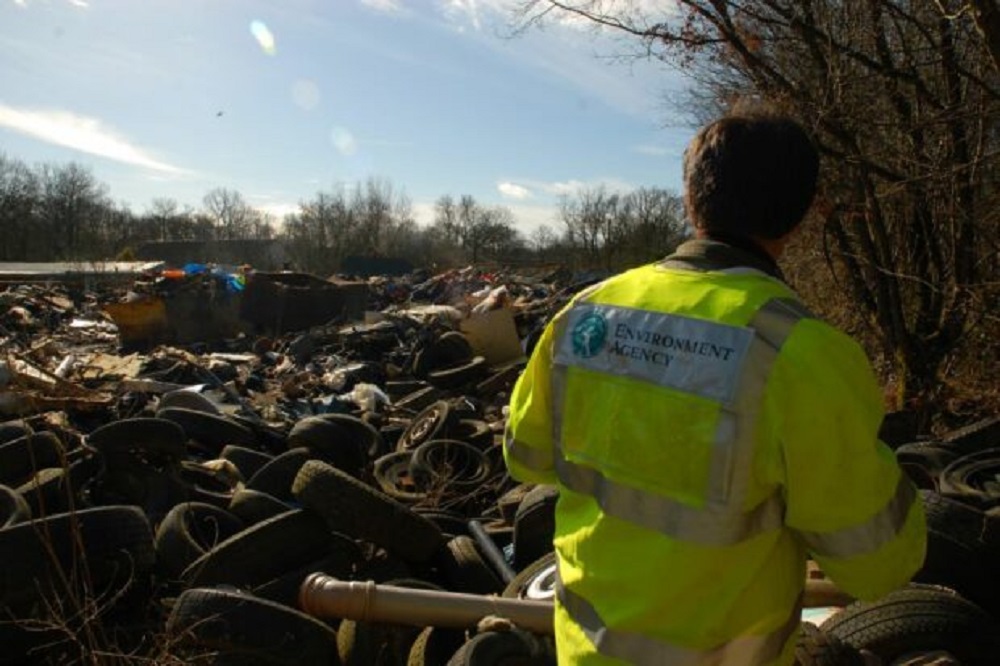The UK’s voluntary end-of-life tyre management operation only works when people pay attention to their Duty of Care
In theory, a retailer fitting tyres is supposed to check that when his tyres are collected, that they are going to follow a legitimate route to recycling/ disposal. The reality is that many, particularly small independent retailers will have their tyres collected at the lowest collection fee they are offered. This often leads to illicit tyre stockpiles, or worse, flytipping.
Being realistic, nobody actually expects the retailer to call up the stated destination for his tyres to check that the collection is valid. If they use a legitimate collector with all the proper licences to collect their tyres, and complete the required paperwork; they can presume that their tyres are being disposed of correctly.
Except, sometimes that is not the case, as a recent case against The Tyre Waste Tyre Team proved.
Peter Taylor of the TRA says; “The Tyre Recovery Association has long emphasised the central importance of legal Duty of Care compliance when dealing with our nation’s waste tyres, failure to do so can be a costly oversight. Contrary to what many seem to believe, that duty begins not at the point of disposal but from the very moment a used tyre is removed from a wheel. In the past, this salient fact has been all to frequently brushed aside by those who generate waste or even properly addressed by our regulators. Now at last attitudes seem to be changing. “
The Environment Agency has trumpeted a massive £100000.00 fine plus costs imposed on a tyre collector accused of feeding some 250,000 end of life tyres over the course of a year to recovery sites whose two T8 permits allowed for just a fraction of that amount. The operator of those sites had previously been prosecuted for breaches of the T8 exemption. Facts that the simplest Duty of Care checks would have verified.
Worse still, the collector in question was found by the Agency to have maintained totally inadequate records in clear breach of statutory regulations.
Taylor concludes; “The TRA has long urged the EA and other regulators to attack poor and illegal practices in the recovery chain from the very obvious start point of when an old tyre is first removed from its wheel, only then will compliance standards across the whole recovery chain be improved and ignorance of the law rightfully rejected as a valid defence. That the Environment Agency has heard our argument is to be commended.”




















